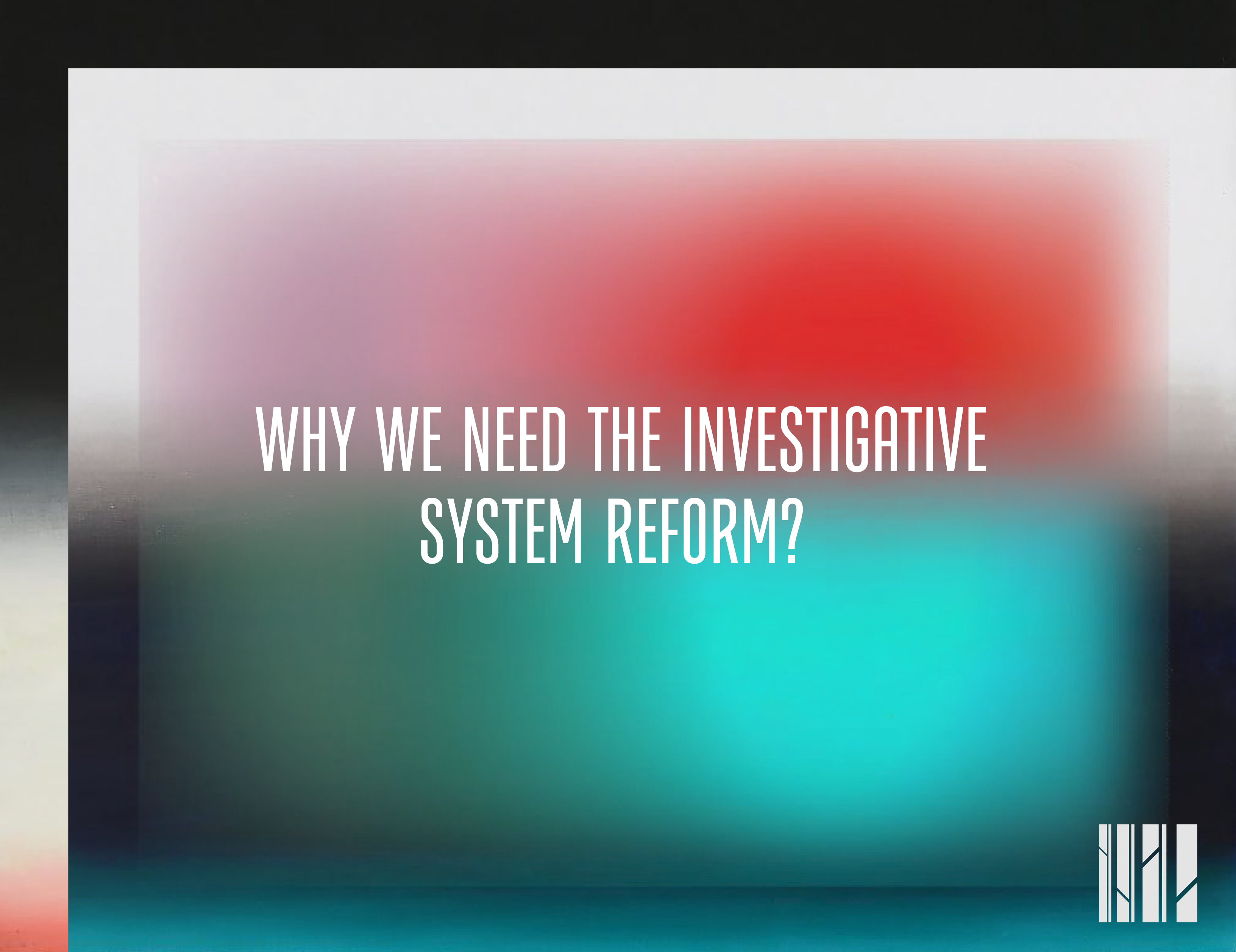საერთო ცხელი ხაზი +995 577 07 05 63


Conducting an independent and objective investigation has long been a major challenge for criminal justice in the country. Bias and growing political influences over responsible agencies largely undermine public confidence in the investigation process.
Total public distrust of the process is conditioned by many objective reasons. The main problems, still, remain to be the politicized system and inadequate legislative guarantees.
Objectivity of the investigation is primarily determined by institutional and functional (operational) independence. Institutional independence is important not only for minimizing external political influences, but also for determining which agency exercises legal and political accountability for the outcome of an investigation. Functional independence is a basis of the impartiality of the process and the objectivity of the investigation.
The main problem in terms of independence is the incorrect, improper redistribution of powers between the prosecution and the investigative bodies, resulting in excessive supervisory mandate of the prosecution over the investigation.
The problem of delegating responsibilities and functional independence in relation to the investigation was clearly exemplified in the Khorava Street case, which led to significant political processes in the country. The Prosecutor General resigned,[1] a Parliamentary Fact Finding Commission was set up[2], and it revealed a range of significant systemic problems.[3] It can be said that this was a precedent on the basis of which the state, for the first time, openly started working on the reform of the investigative system.[4]
Work on the reform was commenced under the leadership of the Ministry of Internal Affairs. In this initial stage, the civil sector was also actively involved in the process.[5] The agency was openly cooperating with interested parties and shared a number of proposals coming from the CSOs. A concept of the reform was developed,[6] which was further evaluated by the Venice Commission.[7] Later, due to the change in the leadership of the Ministry, the working process was more or less closed and civil society was also distanced from this process. However, according to the official statement of the Ministry, the draft law is ready and the main themes/topics are being agreed with the agencies.[8]
The importance of the issue is also underlined by the fact that increasing the degree of independence of the investigation has become part of the election program of almost all leading political groups The ruling party, also, has taken political responsibility for the reform process.[9]
The full article can be found in the attached document
[1] For detailed information, see: https://bit.ly/3ftxZ2r
[2] See: Resolution of the Parliament of Georgia of September 21, 2018 N3531-IS
[3] Commission findings available here: https://info.parliament.ge/#law-drafting/16335
[4]For additional information, see: https://bit.ly/3fi8y3I
[5] For additional information, see: https://bit.ly/2P89Ao8
[6]See:CDL-REF(2019)004-e Georgia - Concept of the reform of the Criminal procedure code regarding the relationships between the prosecution and the police - stages of investigations under the Georgian Law (explanatory note) available here: https://bit.ly/3tiaPzB Last accessed: 15.03.2021
[7]See: CDL-AD(2019)006-e Georgia - Opinion on the concept of the legislative amendments to the Criminal procedure code concerning the relationship between the prosecution and the investigators, adopted by the Venice Commission at its 118th Plenary Session (Venice, 15-16 March 2019), available here: https://bit.ly/3bOspFj Last accessed: 15.03.2021
[8] The Minister of Internal Affairs made an explanatory statement in this regard, including at the parliamentary hearing held on March 5 in the format of "Minister's Hour":https://bit.ly/3qONO5E
See: Georgian Dream Government Program 2021-2024 "Building a European State" Available: https://bit.ly/3lh3c9C Last accessed: 15.03.2021
The website accessibility instruction